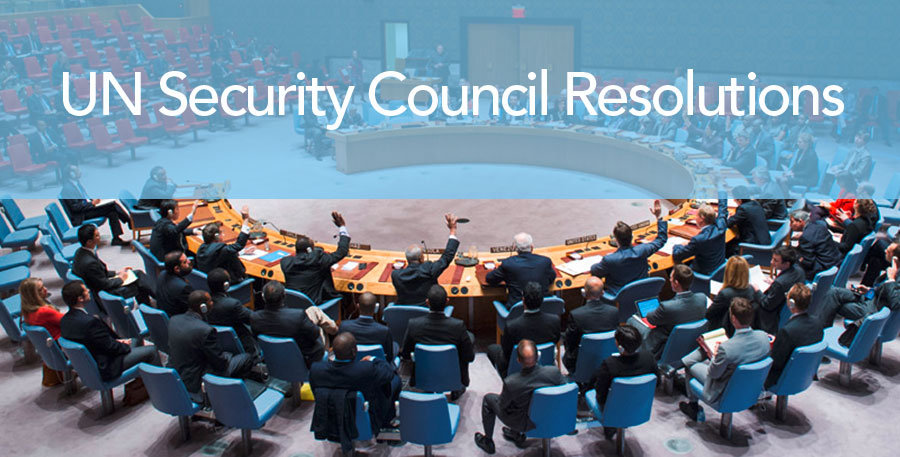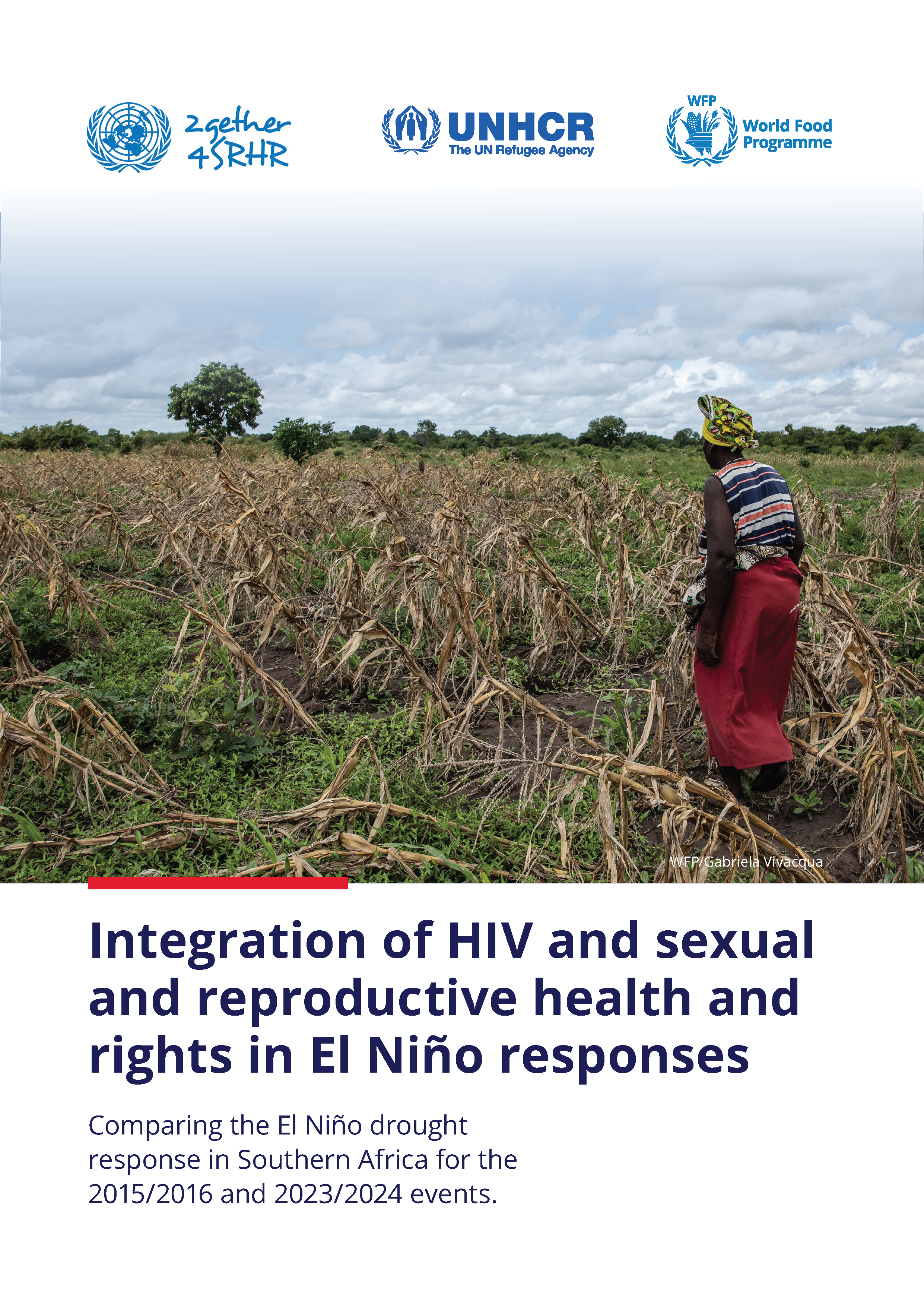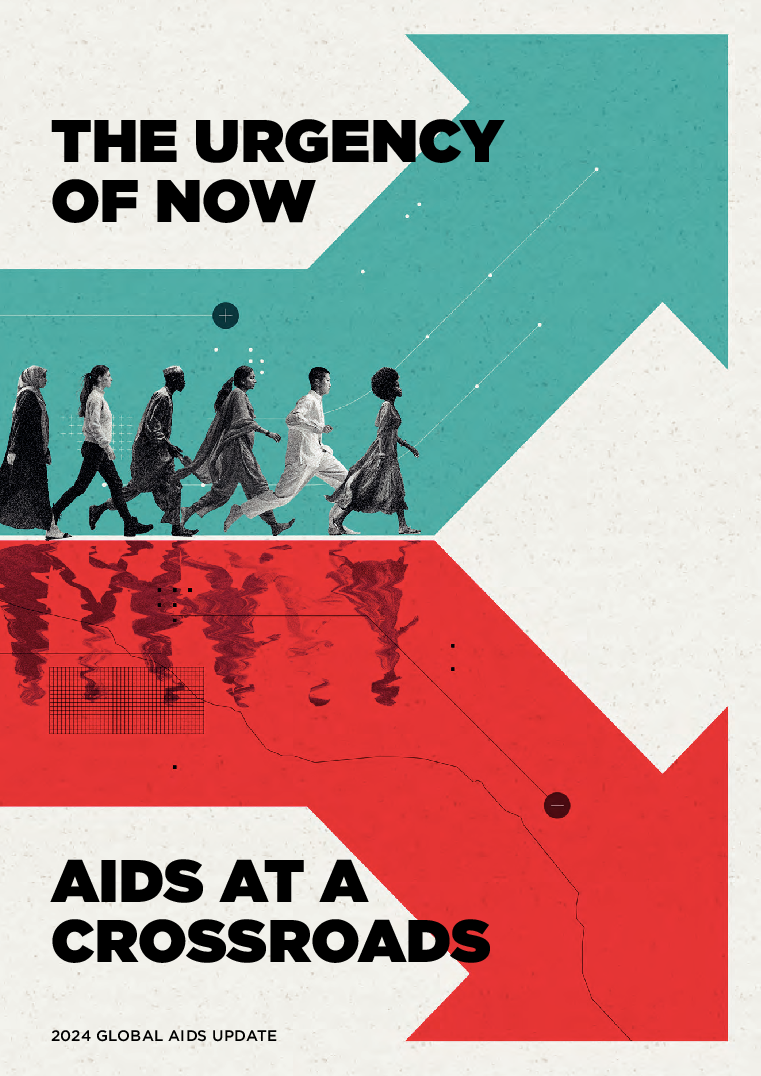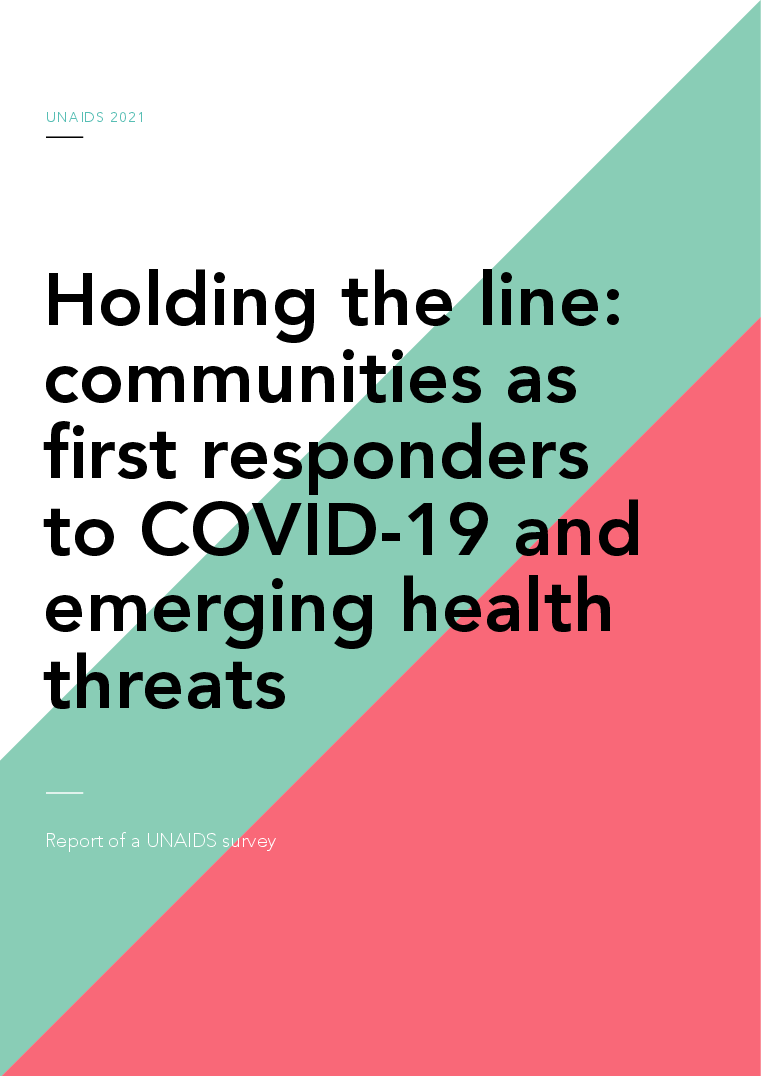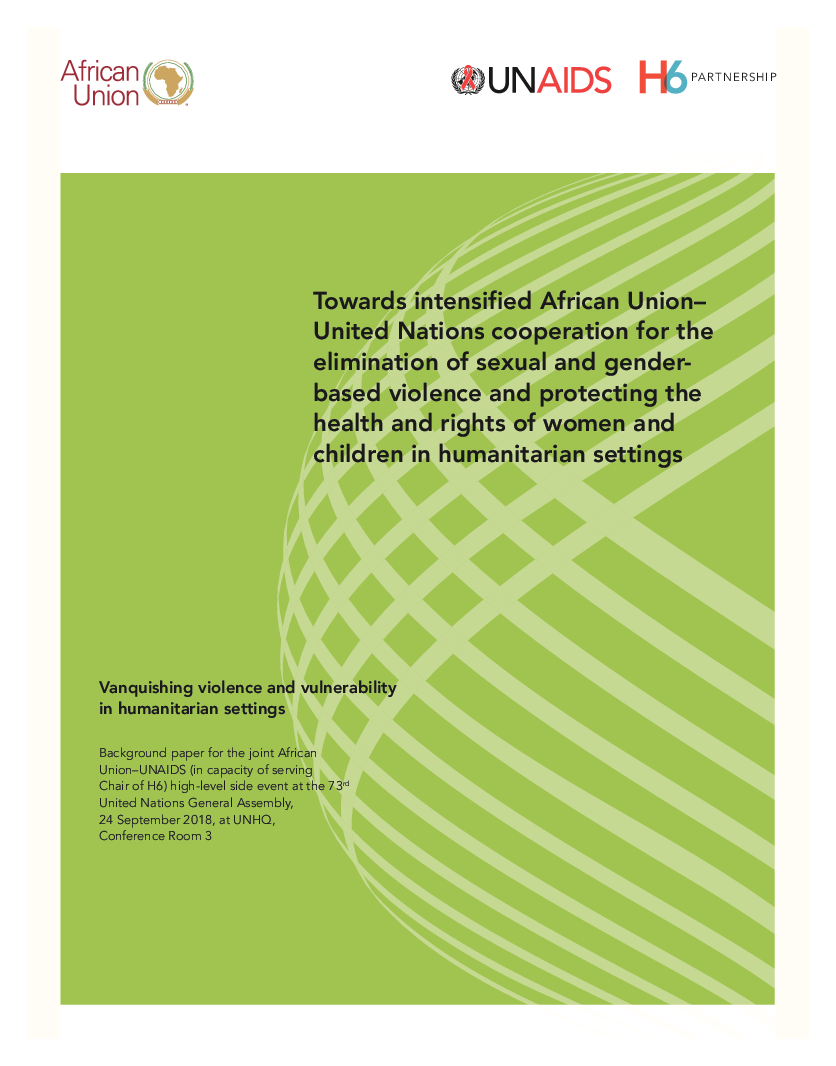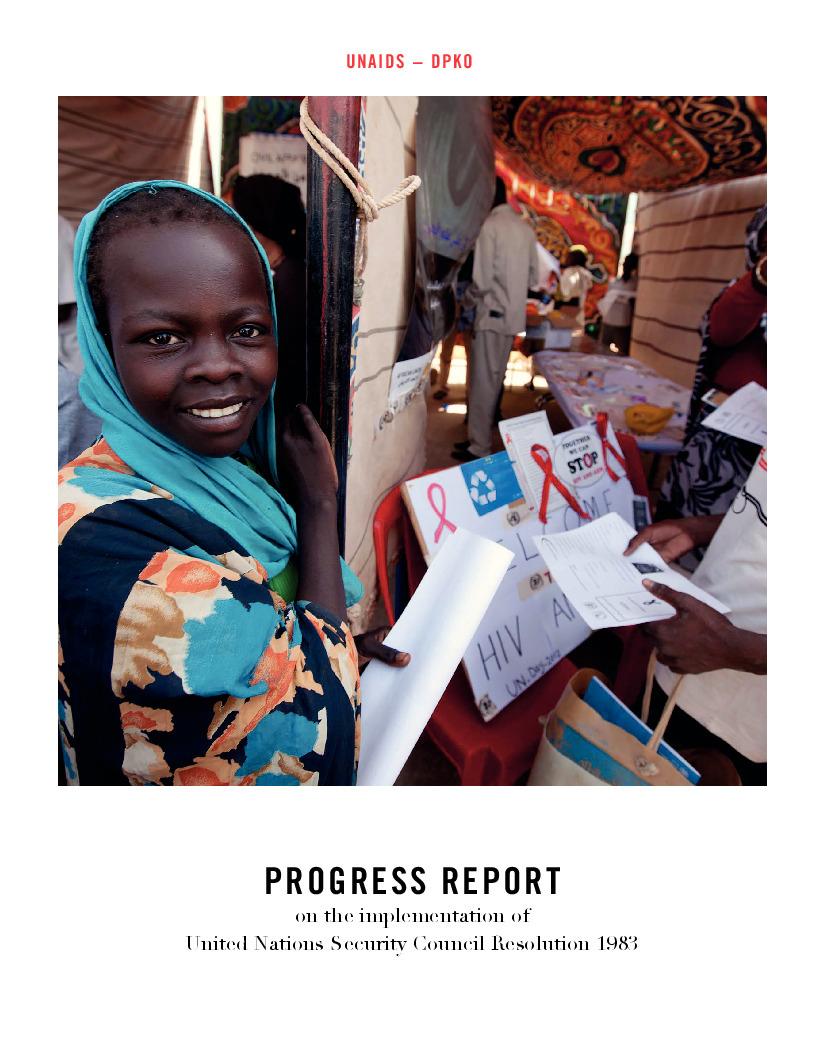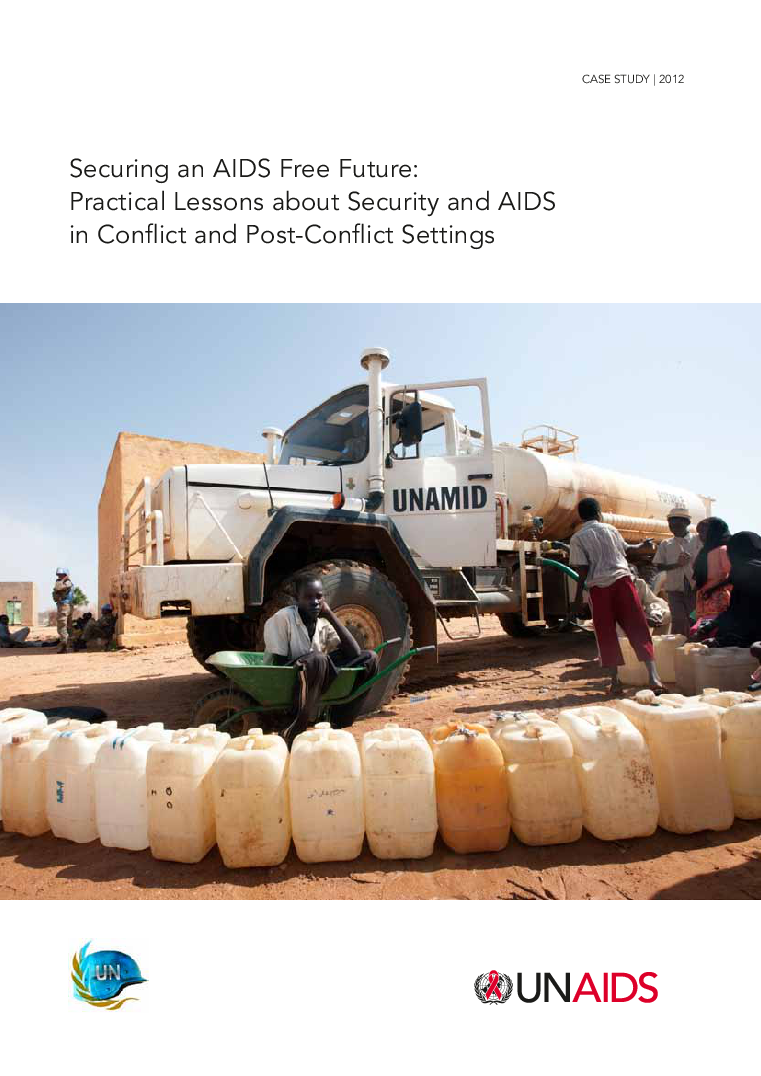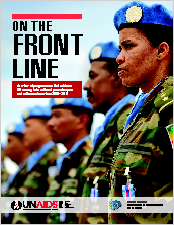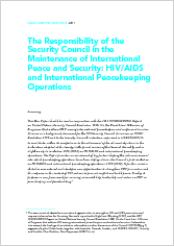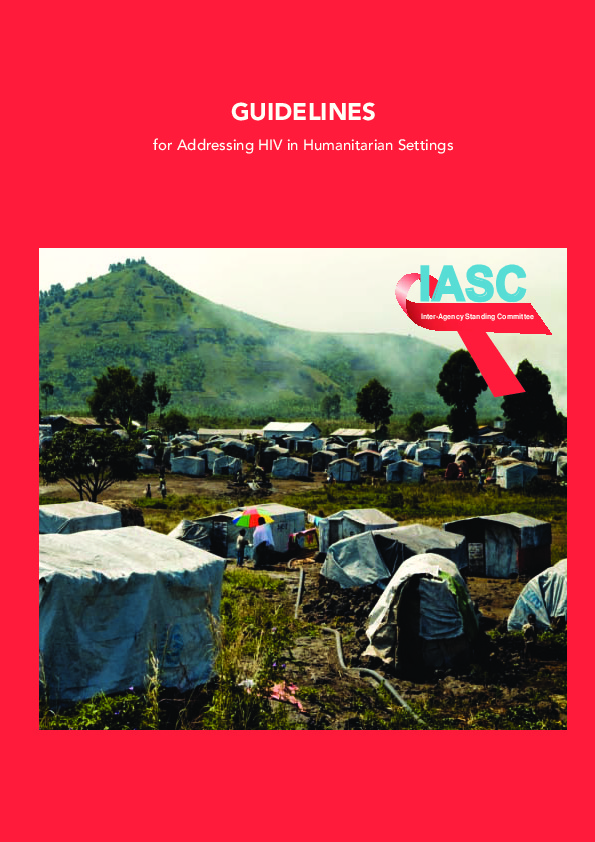
Working to end gender-based violence in fragile settings
Across the world, spikes in instability, displacement, and conflict are exacerbating people’s vulnerability to gender-based violence and to HIV. “Gender-based violence is an egregious human rights violation. It is also a driver of the AIDS pandemic, especially in fragile states. Tackling gender-based violence is essential to uphold the right to health and life for everyone,” says UNAIDS Executive Director, Winnie Byanyima.

UNAIDS Executive Director and Inequality Council urge G20 to back bold network on medicine production and address the social determinants of pandemics
At the G20 preparatory meeting in Brazil, Executive Director of UNAIDS and Under-Secretary-General of the United Nations, Winnie Byanyima, today urged governments to support a new G20 Alliance, proposed by the Brazilian government, to enable life-saving medicines to be produced in every part of the world. Co-Chair of the Global Council on Inequality, AIDS, and Pandemics Sir Michael Marmot also called on G20 delegates to address the social determinants of pandemics, such as education and human…
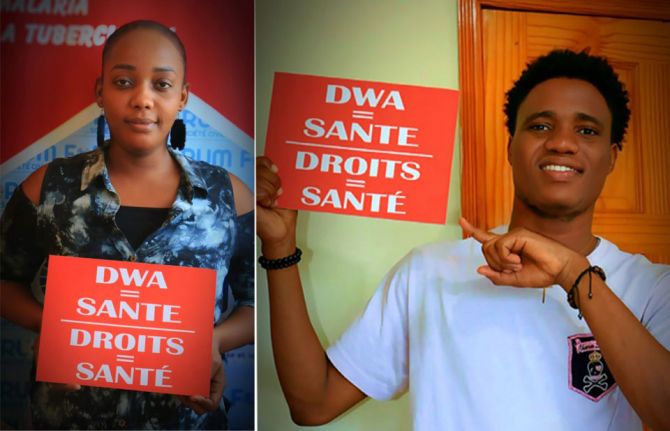
Haiti’s crisis exacerbates vulnerability of people living with and affected by HIV. UNAIDS committed to continuing to provide support to people in need.
The humanitarian crisis in Haiti is exacerbating the vulnerability of people living with or affected by HIV, particularly women, girls, and key populations. The situation has deepened existing inequalities, and multiplied the risks faced by marginalised communities. In the face of this adversity, UNAIDS continues to work with partners to ensure that people living with or affected by HIV have access to life-saving HIV services, including treatment and prevention services.
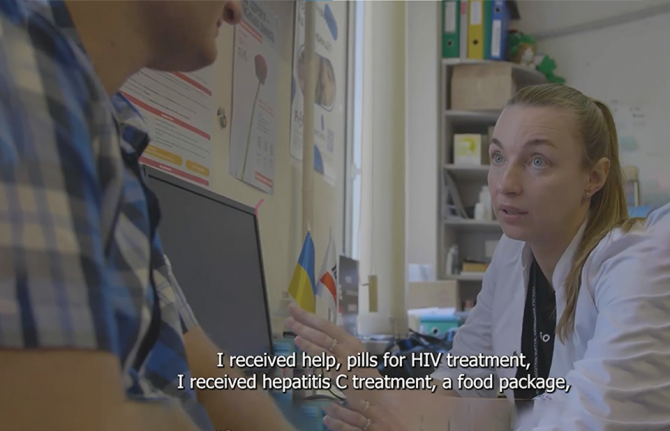
Two years on: UNAIDS supports Ukraine’s commitment to the HIV response
Two years of war in Ukraine have resulted in significant humanitarian consequences. Forty percent of the current population of Ukraine,14.6 million people, are in need of humanitarian assistance, 6.4 million refugees have fled the country, and more than 3 million people are internally displaced. People living with and affected by HIV continue to be vulnerable to the effects of the war, even as HIV services have been restored and are functional in most parts of the country.
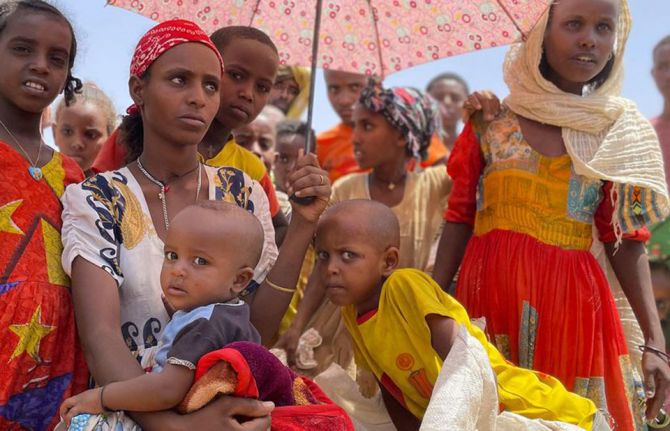
UNAIDS welcomes signing of an agreement to restore peace in northern Ethiopia
The peace agreement will facilitate access to health services including access to HIV services amidst reports of stock-outs of antiretroviral treatment and people going without access to the life-saving medicines
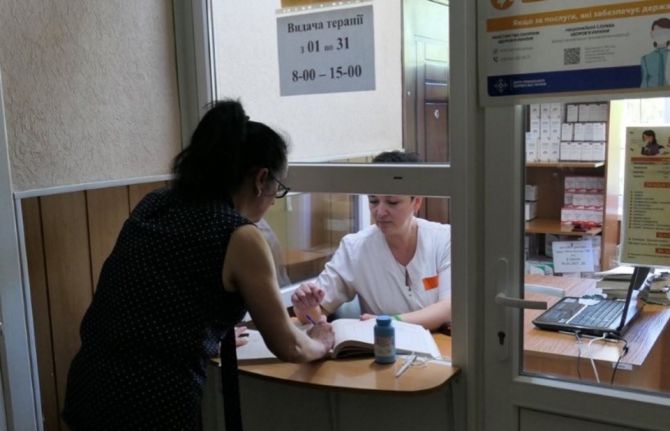
Kryvyi Rih AIDS centre continues to provide HIV services despite the war in Ukraine
On 25 November 2021, the city of Kryvyi Rih, the fourth largest city in Ukraine, signed the Paris Declaration to end the AIDS epidemic in cities. The city is an important economic and industrial centre, a major transport hub and the birthplace of the Ukrainian President, Volodymyr Zelensky.
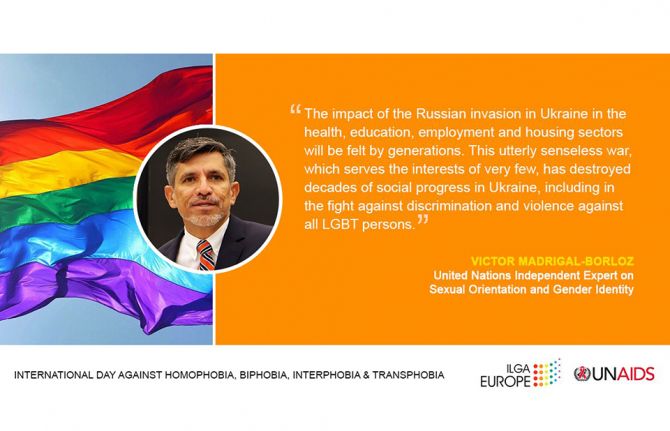
Addressing the vulnerabilities and challenges facing LGBTI people in and fleeing from Ukraine
On 17 May, people around the world came together to celebrate the International Day against Homophobia, Transphobia and Biphobia (IDAHOBIT) to champion inclusion and build a better world for the lesbian, gay, bisexual, transgender and intersex (LGBTI) community. In many countries, lack of adequate legal protection against discrimination on grounds of sexual orientation and gender identity exposes many LGBTI people to violations of their human rights. This is even more the case within the…

Report highlights that women and marginalized people need urgent access to health-care services in Ukraine
A new report by UN Women and CARE International highlights the urgent need to provide health-care services to women in Ukraine and sets out why the international community needs to support a gendered response to Ukraine’s humanitarian crisis.
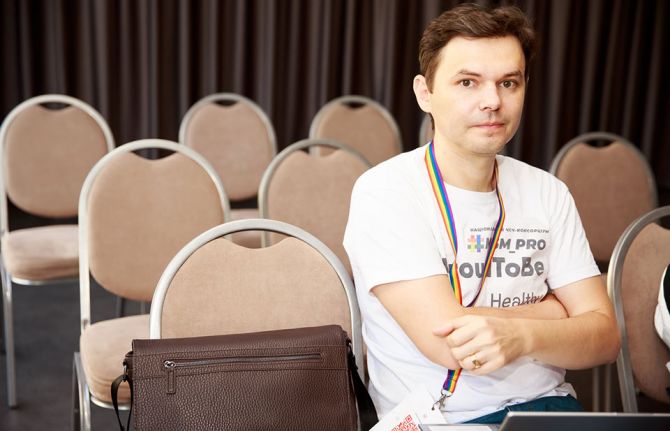
“A litmus test of civilization” - How the war in Ukraine has impacted LGBTI people
Andrii Chernyshev heads the advocacy work of the Ukrainian national lesbian, gay, bisexual, transgender and intersex (LGBTI) organization ALLIANCE.GLOBAL, which is one of the largest among about 30 LGBTI community organizations across the country. After the start of the war in Ukraine, he moved from Kyiv to the central part of Ukraine, a safer place to continue his work. His Facebook page has been full of announcements about where LGBTI people fleeing hostilities can find shelter and help, both…
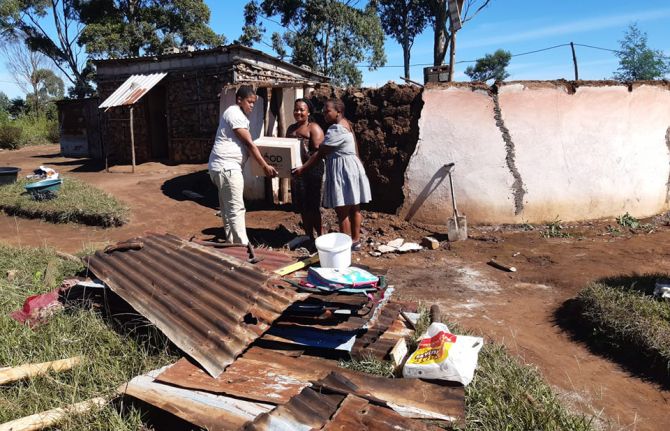
Supporting HIV services for flood survivors in KwaZulu-Natal
Since floods killed 440 people and left many thousands more homeless last week in KwaZulu-Natal (KZN), South Africa, UNAIDS has been working with communities, civil society and government leaders to respond.


